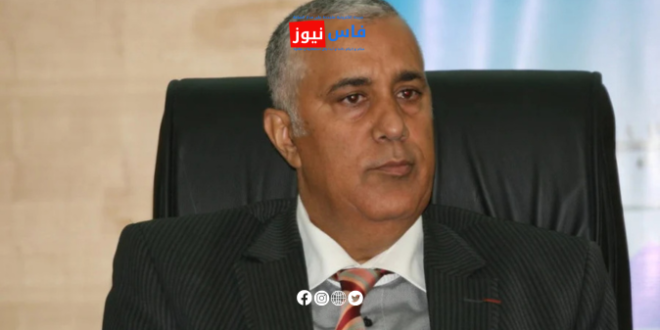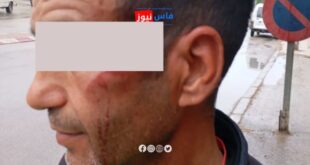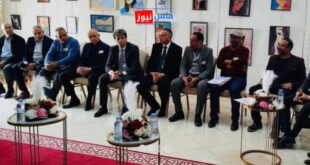The Governor of the Fez-Meknes region, Mouad El Jamaï, has issued strict instructions to rigorously enforce the public charity law. He emphasized the need to file complaints with the relevant authorities in case of any violations and to apply all legal punitive measures against any association that fails to comply with the legal provisions regulating fundraising and the distribution of aid.
Strict Laws to Combat Chaos and Exploitation of the Poor
It is worth noting that the law regulating public charity, issued on October 12, 1971, along with Decree No. 2-04-970 dated January 10, 2005, outlines the legal procedures for collecting donations. Any association wishing to organize a Ramadan charity drive or any charitable initiative must obtain prior authorization from the relevant authorities, whether at the local, regional, or national level.
According to the law, collecting funds or donations through subscriptions or distributing aid in public spaces without prior authorization is prohibited. The law emphasizes the need to submit a legal file specifying the identity of the organizers, the purpose of the initiative, the budget, and the method of distributing aid.
Prohibition of Exploiting the Poor for Electoral or Political Purposes
The source stressed that the Ministry of Interior will not tolerate any political or electoral exploitation of charitable activities. Any violations will be referred to the judiciary, with heavy financial penalties imposed on anyone proven to be involved in collecting or distributing donations without adhering to legal regulations.
The new Law 18.18 has come into effect to address the chaos and manipulation that have plagued charitable work in Morocco, especially after the 2018 Essaouira tragedy, which claimed the lives of 15 people due to a stampede during aid distribution.
Strict Legal Measures to Prevent Manipulation of Public Charity
- Prior Authorization Required: Any fundraising operation must obtain prior authorization, with a request submitted to the local governor or regional governor, depending on the scope of the activity.
- Prohibition of Individuals Collecting Donations: Only legally recognized associations with official accreditation are allowed to collect donations.
- Ban on Political or Electoral Exploitation of Charity: Violators will face fines of up to 500,000 dirhams.
- Mandatory Disclosure: Associations must disclose their funding sources and the methods of aid distribution to prevent any illegal manipulation or exploitation.
- Immediate Referral to Public Prosecution: Any violations will be directly referred to the public prosecutor to ensure transparency and integrity in aid distribution.
Governor of Fez-Meknes: No Room for Profiting from the Suffering of the Poor
The Governor of the Fez-Meknes region confirmed that these new measures are part of a comprehensive reform of the public charity system, aimed at protecting the dignity of the poor from exploitation. He indicated that the authorities will rely on law enforcement officers under the direct supervision of local authorities to ensure fair and transparent distribution of aid, away from brokers and those who trade in the suffering of the needy.
He explained that genuine associative work relies on self-efforts and transparent contributions, not on exploiting public funds for personal or political gains. He added that associations that do not comply with the current laws will face strict measures, including suspension and legal prosecution.
A Clear Message to Citizens and Associations
These decisive steps reflect a clear direction toward sanitizing charitable work and protecting it from any exploitation or corruption. They also ensure that aid reaches its rightful beneficiaries without discrimination or favoritism, with the maximum penalties imposed on anyone attempting to manipulate this sensitive issue.
With this, public charity in Morocco enters a new phase of transparency and accountability, where charitable work can no longer serve as a cover for hidden agendas. Instead, it is now subject to legal frameworks that ensure its integrity and fairness.
 فاس نيوز ميديا جريدة الكترونية جهوية تعنى بشؤون و أخبار جهة فاس مكناس – متجددة على مدار الساعة
فاس نيوز ميديا جريدة الكترونية جهوية تعنى بشؤون و أخبار جهة فاس مكناس – متجددة على مدار الساعة














